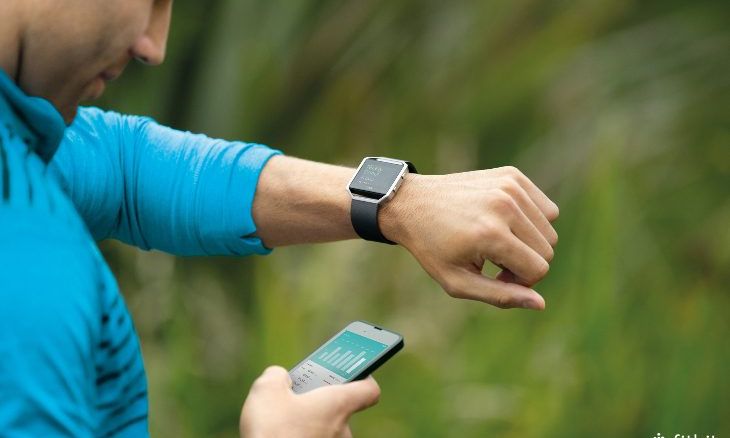A study performed by Indiana University took a look at how effective activity trackers were in helping people stay active. Studies have shown that sedentary lifestyles lead to many health problems. The challenge is that technology has made life easier and requires less movement. So are activity trackers, like Fitbits, really able to help us address this problem?
“There is a lot of information out there about people not using activity trackers, but we think that is because the people using them need support,” said Carol Kennedy-Armbruster, senior lecturer in the Department of Kinesiology at the IU School of Public Health-Bloomington and co-author of the study. “We found that a combination of giving someone the device and then pairing them with someone who can help them learn how to use it actually works.”
Many people who use these devices don’t know how to set proper goals and identify opportunities during the day to increase activity that leads to accomplishing their fitness goals. This often lead to activity tracker guilt, due to the monitoring of a lack of activity. The study found that with proper coaching people felt less inclined to experience guilt and more motivated to achieve their goals.
